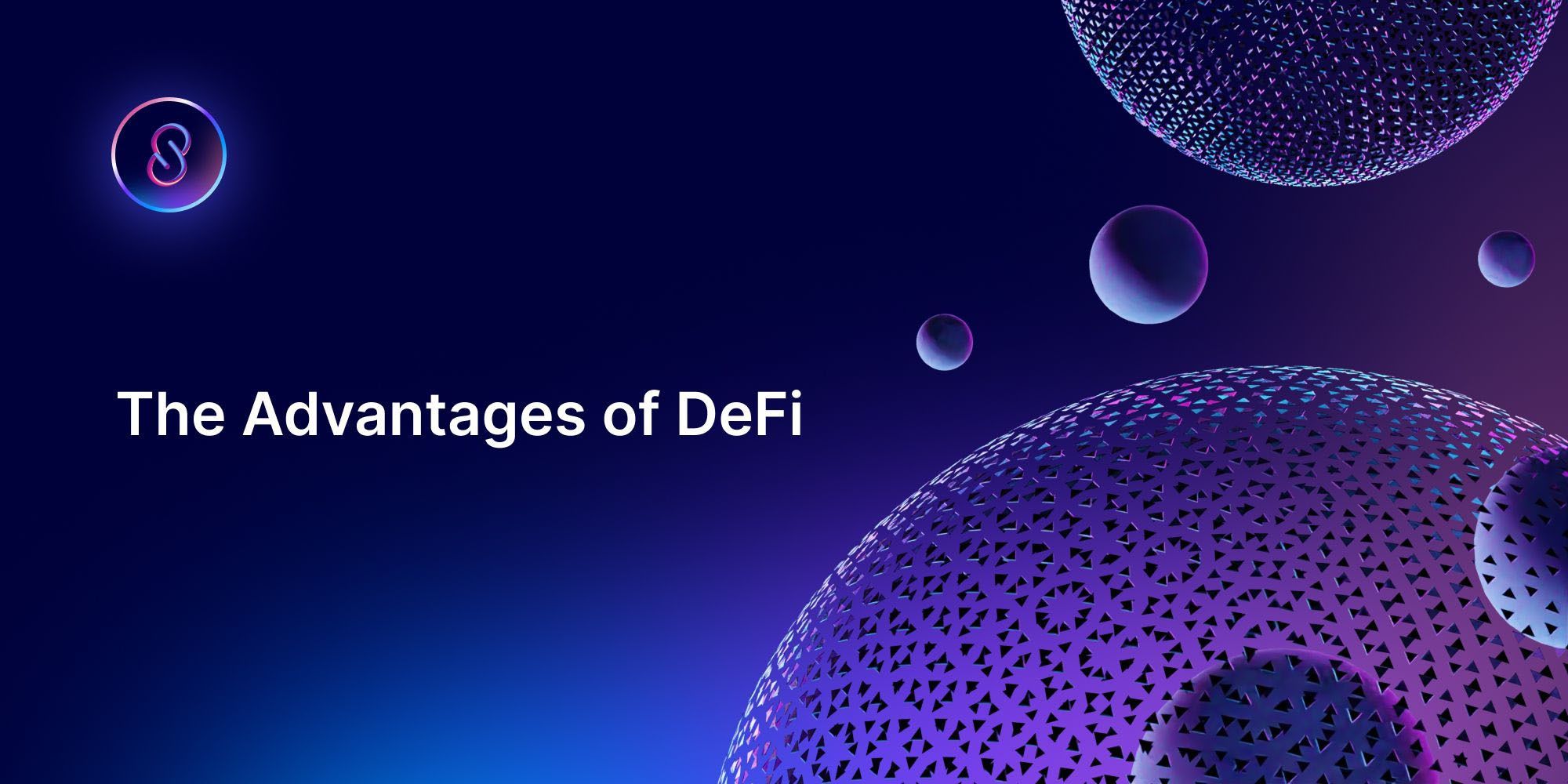

Exploring CeFi vs DeFi: Understanding the Fundamental Difference
In the rapidly evolving landscape of Web 3.0, two terms Centralized Finance (CeFi) and Decentralized Finance (DeFi) have gained significant attention. These concepts represent divergent approaches to financial services in the digital age. CeFi refers to traditional, centralized financial systems that are controlled by single entities, such as banks and financial institutions. On the other hand, DeFi embodies a revolutionary paradigm, aiming to eliminate intermediaries and empower users through decentralized protocols and smart contracts.
In this article, let's understand the meaning of CeFi and DeFi, how these contrasting models are shaping the future of finance, their advantages, and potential drawbacks. While CeFi offers familiarity and regulatory oversight, it often entails limitations on accessibility and user control. DeFi, on the contrary, promotes inclusivity, open access, and financial sovereignty, but may face challenges related to security and regulatory compliance.
Meaning of CeFi and DeFi
CeFi, or centralized finance, is the traditional financial system that we are all used to. It is regulated by central authorities, such as banks and governments.
In contrast, DeFi, or decentralized finance, is a new financial system that is not regulated by any central authority. Instead, it is powered by smart contracts on blockchains.
CeFi vs DeFi: The Difference
The main difference between CeFi and DeFi is simple. CeFi is centralized while DeFi is decentralized. This means that in CeFi, there is a central authority that controls the financial system, while in DeFi, there is no central authority. Instead, DeFi is powered by smart contracts, which are programs that run on the Ethereum blockchain.

Advantages of DeFi
The major advantage that DeFi has it that it is more transparent than CeFi. This is because all transactions on the Ethereum blockchain are public and can be viewed by anyone. In contrast, CeFi transactions are often hidden from public view, which can make them more susceptible to fraud.

Another advantage of DeFi is that it is more accessible than CeFi. This is because anyone can create a DeFi smart contract. In contrast, CeFi is only accessible to those who have permission from the central authority.
Disadvantages of DeFi
The disadvantages of DeFi include that it is less stable than CeFi as it is still in its early stages of development. Additionally, DeFi smart contracts can be complex and difficult to understand.
To sum up (TL;DR)
CeFi:
- Centralized: central authority that controls & manages the network.
- Usually faster and more efficient.
- More regulatory compliance.
- As there is a central authority, CeFi networks offer more control.
DeFi:
- Decentralized: no central authority controlling or managing the network.
- Usually slower and less efficient
- Less regulatory compliance
- As there is no central authority, DeFi networks offer less control.
DeFi vs CeFi: Which is better?
In a broader context, CeFi is more traditionally based and regulated by a central authority, while DeFi is the new financial system that is powered by smart contracts. DeFi has advantages over CeFi in terms of transparency and accessibility, but needs time for adoption as it is less understood. Additonally stability too can be an issue.

The choice between CeFi and DeFi depends on personal preferences. If you are looking for a more traditional financial system, then CeFi is the way to go. However, if you are looking for a more transparent and accessible financial system, then DeFi is the key.
While, CeFi and DeFi have their own set of advantages and disadvantages. Ulitmately it is up to the user to choose which one is right for them. Also, one must do their own research before fixating on a solution.
(Also read: Proof of History)
Image Credits: Pixelplex; Infinity Swap; Finance Magnates
